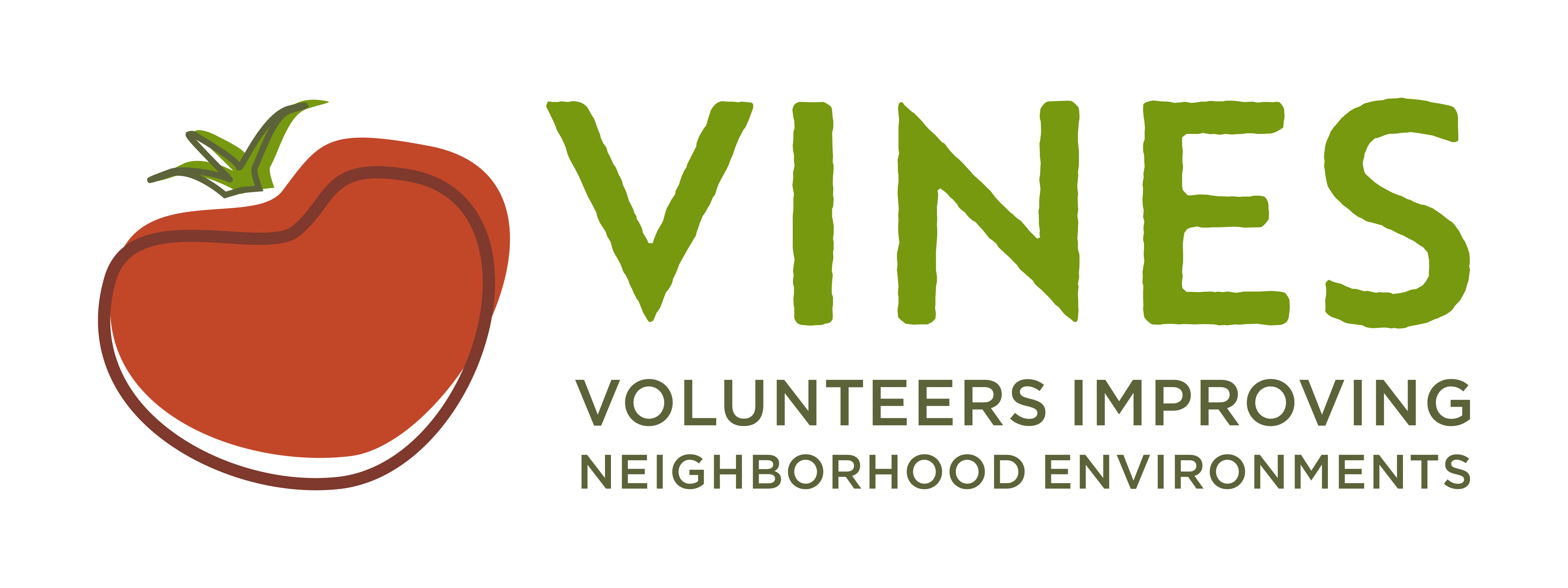Did you know that if you live in a home that was built before 1970 or by a major highway, your back yard’s soil may be contaminated with lead? This lead could either be coming from paint chipping off of your house or lead gasoline dust. Don’t panic! There are many ways to test for this and to still garden without the risk of contamination. There are also many other reasons to test your soil, including determining the nutrients that are present. This will ultimately help you to become a better gardener by knowing what is in your soil and what will best make your plants thrive.
How to test soil: VINES uses the University of Massachusetts Amherst for our soil tests. This can be done by sending a sample of your soil, a fee, and they then send you back the results. We recommend doing their “Routine Soil Analysis” which tells you the nutrient levels, lead level, and other important factors to having healthy soil. Information and directions about how to complete one of these soil tests can be found here.
What to do if soil is contaminated: If you find out that you have a high amount of lead in your soil, it is VERY important to not grow food directly in it. Many houses in Binghamton were built earlier than 1970 and have this problem. The easiest way to get around this is to either grow in a raised bed or in a portable grow bag. Both of these methods use soil from an outside source such as a local garden center (like Agway) or bagged soil and compost. Our Build a Garden program offers ways to garden for those in need at little to no cost. You could also sign up to be a member of one of our Community Gardens if you want a low cost method of clean gardening. Both the Build a Garden and Community Garden applications will be reopened this spring!
If you want more information about testing your soil and lead, check out this link for a nice general overview. Feel free to ask us any questions as usual!
